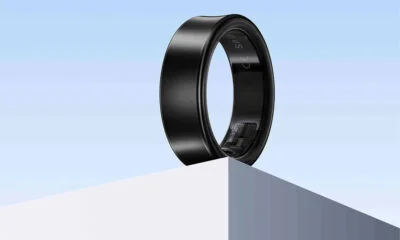News
Garmin Reveals First Running Watches With AMOLED Displays
The range-topping Forerunner 965 will cost $600 when released in late March, while the 265 model launches today for $450.
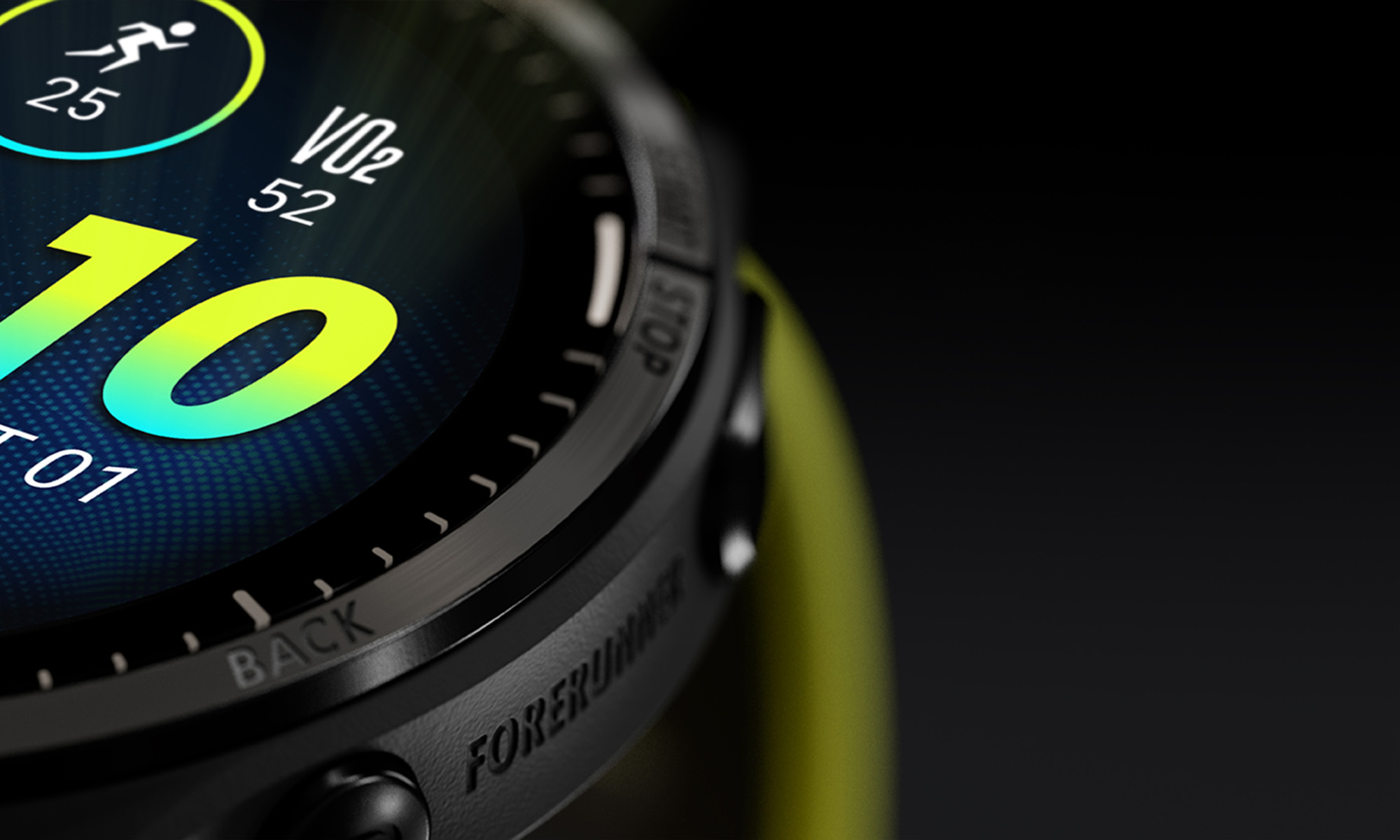
Garmin has unveiled two new GPS smartwatches with AMOLED displays: the Forerunner 965 and 265 series. The timepieces are labeled as dedicated running watches and provide “advanced training metrics” for athletes, heart-rate variability (HRV), sleep quality, training load and more.
The high-end Forerunner 965 model comes with a 1.4-inch AMOLED display, a decent 31 hours of GPS-mode battery life and up to 23 days of use as a smartwatch. The flagship model of the series features additional performance stats over the cheaper 265, including training load ratio, stamina info and detailed climbing metrics (including gradient, distance and elevation).
The Forerunner 265 Series comes in two sizes (42mm and 46mm) and holds out for 24 hours in GPS mode or 15 days in smartwatch mode.
All of the watches in the series use Pulse Ox sensors, and offer “Body Battery” monitoring, sleep and stress stats, menstrual cycle and pregnancy tracking. As well as featuring adaptive training options and suggested workouts, the Garmin 965 and 265 both monitor v02 max and other important performance metrics.
Also Read: Best Music Streaming Services In The Middle East
The Forerunner 965 will cost $600 when it hits stores in “late March”, while the cheaper Forerunner 265 is available now for $450.
News
1,000 Drones Light The Dubai Sky For AC Milan Celebration
Cyberdrone’s groundbreaking display marked 125 years of AC Milan football club and the 1st-year anniversary of Casa Milan Dubai.
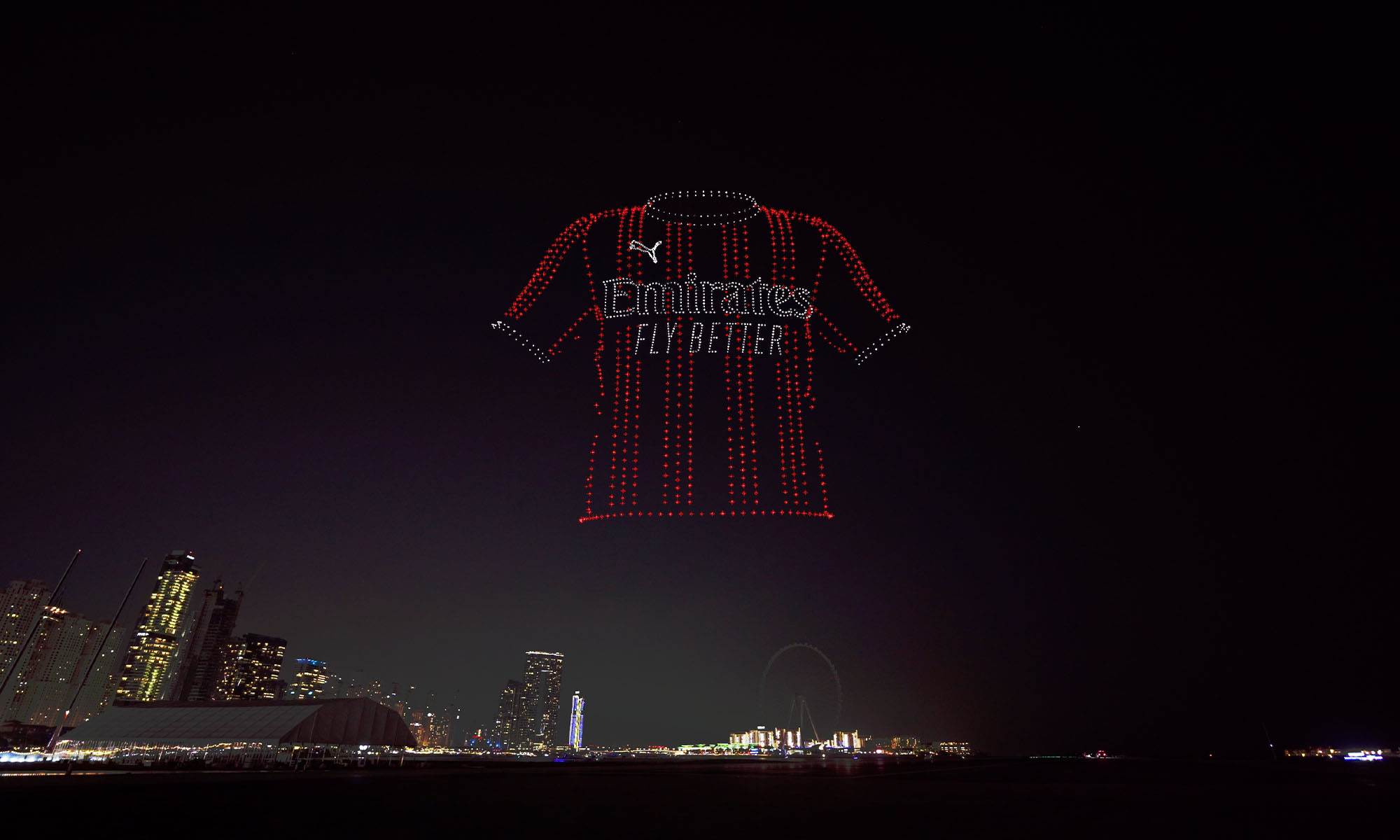
Cyberdrone, a leading UAV display company based in Dubai, put on a breathtaking drone light show on Monday to honor two significant football milestones: AC Milan’s 125th anniversary and the one-year anniversary of Casa Milan Dubai.
The spectacle involved 1,000 drones working in perfect harmony to project AC Milan’s iconic imagery against the city’s night sky. Highlights included the UAVs synchronizing to form the club’s iconic crest, the signature red and black jersey, and a special emblem marking its 125th year. The intricate performance demanded meticulous planning, not just in terms of choreography, but also in dealing with the necessary permits and logistics.

“Our goal was to spotlight AC Milan’s legacy through a stunning visual narrative,” explained Mohamed Munjed Abdulla, Director of Sales at Cyberdrone. “We celebrated the club’s history, its Dubai milestone, and the universal love for football. The show also enhanced AC Milan’s regional presence, growing its fanbase through a cutting-edge, memorable experience. Drone shows are unparalleled in leaving lasting impressions, making them perfect for driving partnerships and growth”.
Also Read: Joby Begins Construction Of Dubai’s First Vertiport For Air Taxis
Greta Nardeschi, AC Milan’s Regional Director for MENA, echoed the sentiment, adding: “Collaborating with Cyberdrone for this 1,000-drone performance allowed us to connect with our fans in innovative ways. It gave us a unique opportunity to surprise and inspire audiences while elevating our Club’s visibility and that of our partners. Cyberdrone truly helped us take AC Milan to new heights”.
This groundbreaking drone display sets a new benchmark for the Middle East’s sports sector, which already contributes around $2.4 billion annually to Dubai’s GDP alone. Sporting events also generate $1.76 billion in revenues across the region, while the MENA’s entertainment sector, valued at $41.13 billion, is growing at 9.41% annually, driven by rapid technological advancements.
-

 News2 weeks ago
News2 weeks agoGoogle To Launch AI Hub In Saudi Arabia, Aiming For $71B GDP Boost
-

 News1 week ago
News1 week agoJoby Begins Construction Of Dubai’s First Vertiport For Air Taxis
-
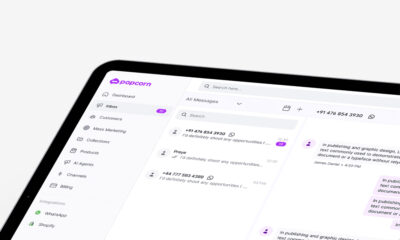
 News1 week ago
News1 week agoPopcorn AI Raises $500,000 For “Conversational eCommerce”
-
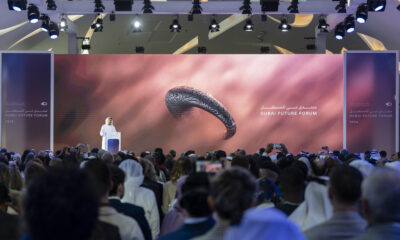
 News2 days ago
News2 days agoDubai Future Forum 2024 Welcomes An Era Of Transformative Change


